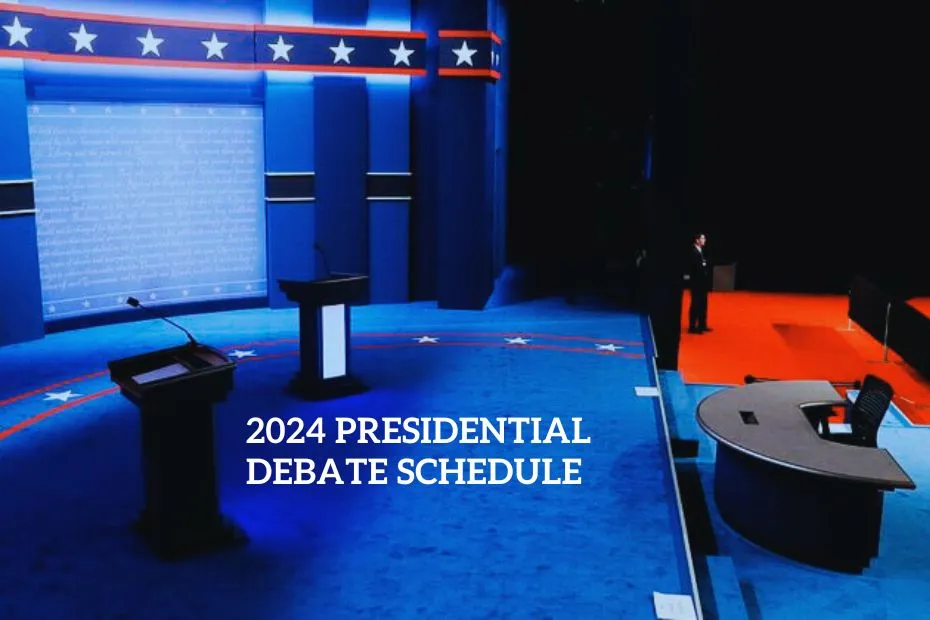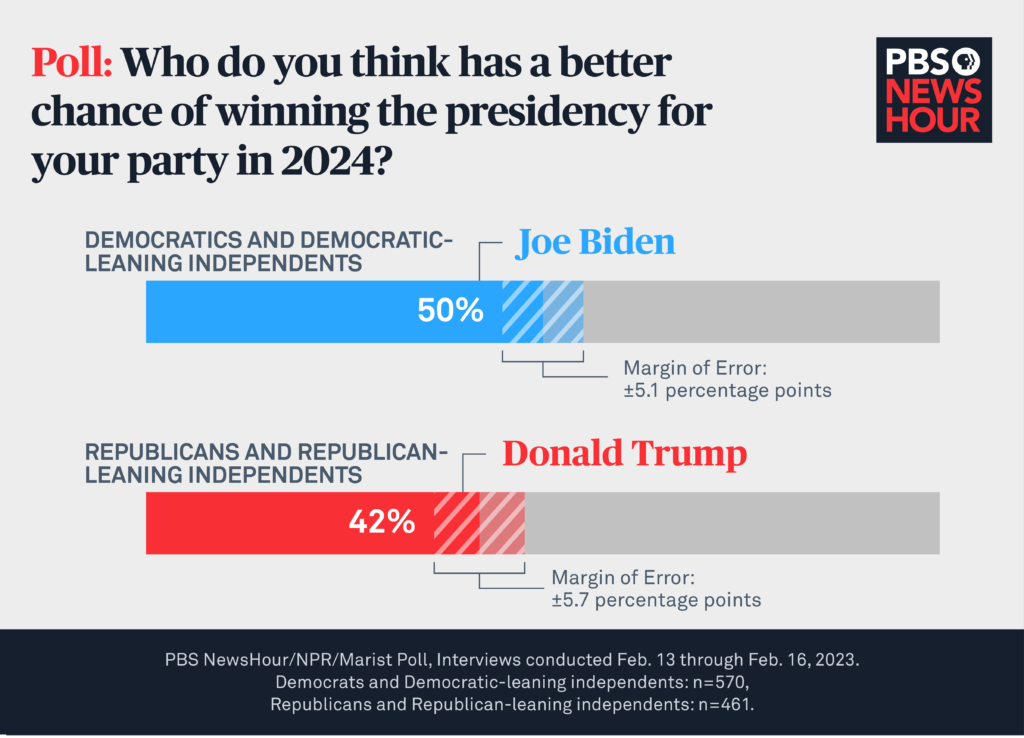The Role of Presidential Debates in the Election Cycle

Presidential debates are a crucial component of the American election cycle, serving as a platform for voters to directly observe and compare the candidates. They offer a unique opportunity for candidates to articulate their positions, engage in critical discussions, and connect with the electorate on a personal level.
The Impact of Debates on Voter Perceptions
Presidential debates have a significant impact on voter perceptions and can shape the campaign narrative. Debates provide voters with a comprehensive understanding of the candidates’ policy positions, their leadership qualities, and their ability to handle pressure.
- Increased Visibility and Exposure: Debates offer candidates a platform to reach a vast audience, including undecided voters. The increased visibility can significantly influence voters’ perceptions and awareness of the candidates.
- Enhanced Understanding of Policy Positions: Debates allow candidates to present their views on critical issues, providing voters with a clearer understanding of their policy positions. This can influence voters’ decisions based on their alignment with the candidates’ stances.
- Assessment of Leadership Qualities: Debates provide voters with insights into the candidates’ temperament, communication skills, and ability to think on their feet. This allows voters to assess their leadership qualities and determine their suitability for the presidency.
- Shaping the Campaign Narrative: Debates can significantly influence the campaign narrative. A strong performance can solidify a candidate’s image and generate positive media coverage, while a poor performance can lead to negative perceptions and media scrutiny.
Analyzing the Impact of Debate Dates on Election Outcomes: Presidential Debate Dates

The timing of presidential debates can significantly influence their impact on the election cycle. Debates held earlier in the campaign provide candidates with a platform to introduce themselves and their policies to a wider audience, while debates held closer to Election Day can sway undecided voters and solidify existing opinions.
Impact of Debate Timing
The timing of debates significantly affects their impact on voters. Debates held early in the election cycle are crucial for introducing candidates to the public and establishing their positions on key issues. These early debates allow candidates to gain visibility, build name recognition, and shape public perception. They also offer opportunities for candidates to highlight their strengths and differentiate themselves from their opponents. Conversely, debates held closer to Election Day often have a more immediate impact on voter sentiment. They provide candidates with a final opportunity to address key issues, respond to their opponents’ attacks, and make a compelling case for their candidacy.
- Early Debates: Early debates allow candidates to introduce themselves to a broader audience, shape public perception, and establish their positions on key issues. These debates can help candidates gain visibility, build name recognition, and solidify their place in the race.
- Late Debates: Late debates often have a more immediate impact on voter sentiment. They provide candidates with a final opportunity to address key issues, respond to their opponents’ attacks, and make a compelling case for their candidacy. These debates can sway undecided voters and reinforce existing opinions.
Trends and Patterns
Analyzing past presidential elections reveals some trends regarding the impact of debate dates. For instance, debates held in the final weeks of the campaign often have a more significant impact on the outcome, particularly in close races. These late debates can sway undecided voters and potentially change the course of the election.
- Influence on Undecided Voters: Debates held closer to Election Day often have a more significant impact on undecided voters. These debates provide candidates with a final opportunity to sway voters who are still undecided about their choice.
- Impact on Close Races: In close races, debates held in the final weeks of the campaign can have a significant impact on the outcome. These debates can sway undecided voters and potentially shift the balance in favor of one candidate.
Strategies for Candidates, Presidential debate dates
The timing of debates offers candidates opportunities to develop strategic approaches.
- Early Debates: Candidates can utilize early debates to introduce themselves, establish their positions on key issues, and build name recognition.
- Late Debates: Candidates can use late debates to address key issues, respond to their opponents’ attacks, and make a compelling case for their candidacy.
Voter Turnout
The timing of debates can also influence voter turnout. Debates held closer to Election Day may encourage voters to participate, particularly those who are undecided or less engaged in the campaign.
- Increased Turnout: Debates held closer to Election Day may encourage voter turnout, particularly among undecided or less engaged voters.
- Potential Impact on Undecided Voters: Debates held closer to Election Day can influence undecided voters and potentially increase their likelihood of voting.
Presidential debate dates – While you’re planning your viewing schedule for the upcoming presidential debates, consider adding a touch of timeless elegance to your living space with a square 4 chair table. This versatile piece can serve as a focal point for lively discussions about the candidates, or as a cozy spot for a quiet moment of reflection after the political storm.
No matter how heated the debates get, your new table will provide a stable and stylish foundation for your viewing experience.
Presidential debate dates are crucial for voters to understand the candidates’ stances on key issues. While the debates themselves are a major focus, it’s important to remember the broader context of political discourse. The fox debate , for instance, represents a long-standing philosophical battle between competing viewpoints.
Understanding these broader debates helps us better interpret the candidates’ positions and their implications for the future.
